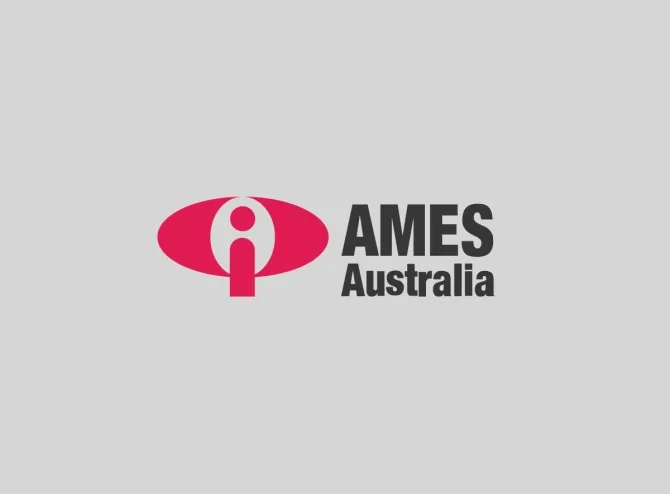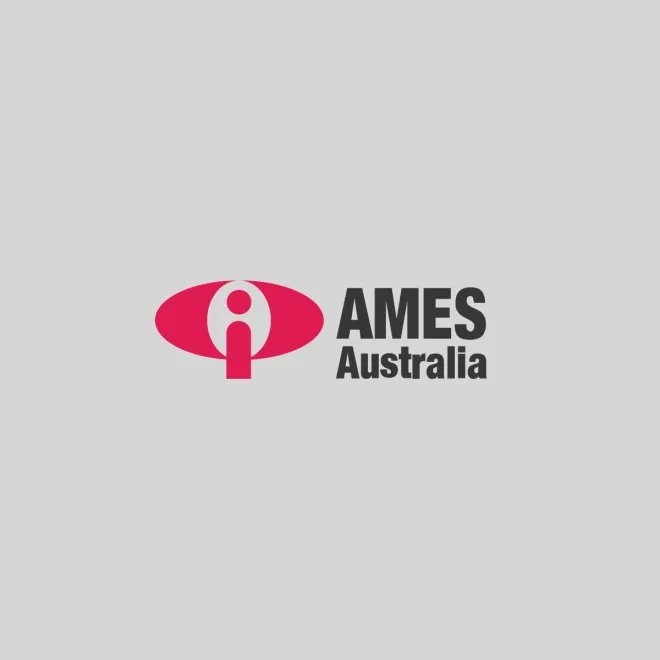Novel coronavirus (2019-nCoV) Frequently asked questions (FAQ) for Victorians
What is the issue?
The first cases of the novel coronavirus (2019-nCoV) were detected in China in late December 2019 and case numbers are continuing to increase. Most cases have been identified in people who have travelled to the city of Wuhan, Hubei Province, in China. On 7 January 2020 Chinese authorities confirmed that the cause of these infections was a novel coronavirus (2019-nCoV).
At least 41 deaths have been confirmed in people found to have the virus in China. More cases of the disease have been detected in other parts of China and in some other countries including Japan, South Korea, Thailand, France and the United States.
At the current time there is not known to have been human-to-human transmission of this virus outside of China.
On January 10, the World Health Organisation (WHO) published a range of interim guidance for all countries on how they can prepare for this virus, including how to monitor for sick people, how to test and treat patients, and what steps are required to minimize the risk of the virus spreading between people in health care settings.
The virus appears to cause a range of symptoms, from a mild infection with a fever, to a significant respiratory infection (pneumonia). Common signs of infection include fever, cough and shortness of breath. In some cases, people have died with pneumonia.
Coronaviruses are a large family of viruses that cause illness ranging from the common cold to more severe diseases such as Middle East Respiratory Syndrome (MERS-CoV) and Severe Acute Respiratory Syndrome (SARS-CoV). This novel coronavirus (nCoV) is a new strain that has not been previously identified in humans.
Coronaviruses are zoonotic, meaning they are transmitted between animals and people. Several known coronaviruses are circulating in animals that have not yet infected humans.
There has been one confirmed case in Victoria at this time. If you think you may have novel coronavirus please call the dedicated hotline 1800 675 389. Please keep Triple Zero (000) for emergencies.
What is novel coronavirus?
The novel coronavirus identified in this outbreak has never before been identified in people. However, coronaviruses are not new and cause infections like the common cold, and rarer infections like Middle East Respiratory Syndrome (MERS-CoV). The term coronavirus refers to a big group of viruses that cause a wide range of illness.
Who is most at risk of infection with this novel coronavirus?
Some people will not get sick at all, some will get mild symptoms from which they will recover easily, and others will become very ill quite quickly. Because this is such a new infection, very little is known about why some get sick while others do not, and in whom there is a greater or lesser risk of serious infection.
Experience tells us that people with compromised immune systems, the very old and young and those with diagnosed heart and lung conditions are most at risk of developing complications if they contract an infection like this.
Health workers are potentially at risk of infection if they are in close contact with a case of novel coronavirus infection, and as a precaution, advice has been provided on simple steps to reduce the risk of transmission should the virus cause illness in Victorians. Most important is to regularly wash hands, and for health workers to wear a simple mask, gown and gloves when assessing people who might be at risk.
What are the symptoms of the novel coronavirus?
More information is coming to light as people are identified with this new infection, so advice may change over time. People with the novel coronavirus (2019-nCoV) are most likely to have a fever, and may have respiratory symptoms like a sore throat, runny nose, cough or shortness of breath.
While the 2019-nCoV has caused some deaths, and some cases have been severe overseas, early intelligence suggests that the virus is not likely to cause illness of the severity that was seen in the Severe Acute Respiratory Syndrome (SARS-CoV) outbreak in 2003.
How does it spread?
Health authorities around the world are working hard to figure out how the 2019-nCoV virus spreads.
Most people who initially caught the virus either worked or visited the Wuhan seafood market in central China. However, not all cases are now linked to that market.
China’s National Health Commission has since confirmed the virus has been passed from person-to-person and has infected some healthcare workers. The World Health Organisation has assessed that the virus can spread between people.
What areas are a risk for novel coronavirus?
The situation is changing rapidly as more people are identified with this infection. At the current time, most cases are associated to people who have travelled to Wuhan City, Hubei Province, China. If other cities, areas or countries become places where there is a significant risk, the Department will update resources like this Frequently Asked Questions to advise which areas are a significant risk.
What is the Victorian Government doing about this problem?
The Victorian Department of Health and Human Services is working with health authorities across Australia and the world to monitor and track the situation. The Department is also working closely with health services and health professionals in Victoria to provide clear advice on assessing patients, testing people who may have the infection and on how health workers can protect themselves as a precaution.
Just like other states and territories, Victoria has well-established procedures to ensure people arriving at ports of entry like Melbourne Airport are assessed for illness. Airlines are already required to report passengers who show signs of an infectious disease on a flight, including fever, sweats or chills, so sick travellers can be met by biosecurity officers when they arrive in Australia and be assessed.
While there are direct flights from Wuhan into Sydney, there are no direct flights from Wuhan into any Victorian airport.
What should I do if I think I might have novel coronavirus infection?
At the current time, it is very unlikely that a person could develop this infection unless they have travelled to an affected area in China in the 14 days before they have become unwell.
If you are ill and have travelled to an area of the world where there is active transmission of novel coronavirus in the 14 days prior to onset of your illness, you should call ahead to your general practitioner before attending, and inform them of your concern. You will then be isolated in a room, where available, and your doctor will ask you about your symptoms and where you have travelled.
If you have a risk of having the infection, your doctor will take a sample from your nose and throat and will organize for that sample to be tested at a laboratory to determine if you have novel coronavirus infection. You will be asked to isolate from other people while this testing takes place.
How is the 2019-nCoV infection treated?
There is no specific treatment for disease cause by novel coronavirus. However, many of the symptoms can be treated and therefore treatment will be based on the patient’s clinical condition.
How do I protect myself and my family?
The easiest way to protect yourself and your family is to pay attention to good hand hygiene and respiratory hygiene.
Cover your mouth and nose when coughing and sneezing with a tissue, or cough into your elbow, dispose of the tissue into a bin and then wash your hands afterwards. Wash your hands regularly, after using the toilet and before eating.
If you have concerns about your health, please see your doctor.
Healthcare workers are recommended to consistently apply appropriate infection prevention control measures when looking after patients.
Do I need to wear a face mask?
Face masks are not recommended for use by members of the public in Victoria for the prevention of infections like novel coronavirus. Should any health professional be required to treat a suspected or confirmed case, they will be supported by following standard infection control guidelines.
Where can I find out more information?
For Victorian updates to the current incident, go to: https://www.dhhs.vic.gov.au/novelcoronavirus
For national updates: https://www.health.gov.au/news/latest-information-about-novel-coronavirus
For international updates: https://www.who.int/westernpacific/emergencies/novel-coronavirus
WHO resources https://www.who.int/health-topics/coronavirus
Originally Released by: Department of Health and Human Services, State Government of Victoria
Last updated: 26 January 2020






